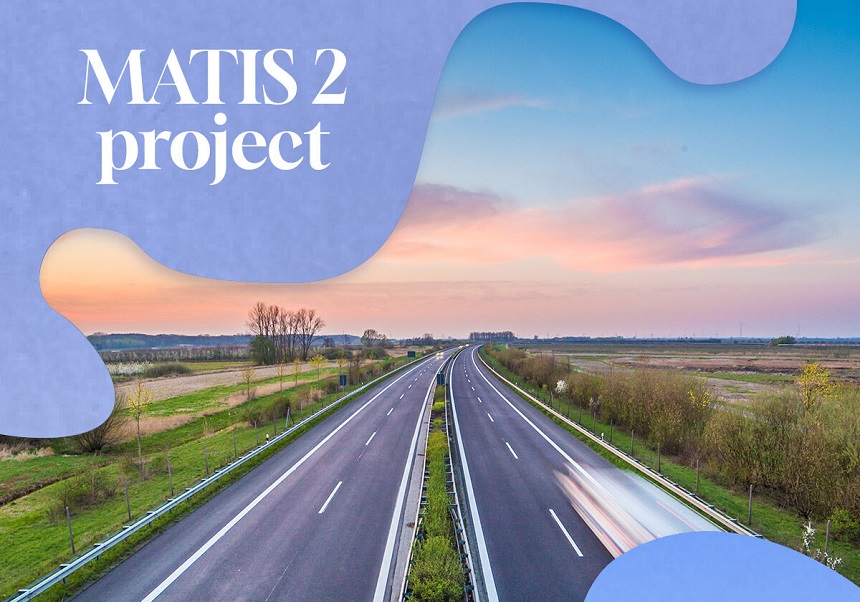
The «MATIS 2: Mediterranean- Atlantic Transport Intelligent System 2» project, promoted by the European Climate, Infrastructure and Environment Executive Agency (CINEA) as part of its Connecting Europe Facilities (CEF) programme, will promote the deployment of advanced intelligent transport systems (ITS) solutions in the region stretching from the Mediterranean Sea and the Adriatic Sea to the Atlantic Ocean to create more sustainable, safer and resilient road networks.
The initiative will run from February 2025 to December 2028 and involves a consortium of 10 public and private entities with expertise in road traffic management from France, Portugal, Italy and Spain, as well as 21 affiliated entities dependent on them. The overall budget for MATIS 2 is 85 million euros, half of which is subsidised by the European Commission. The Association of French Motorway Companies (ASFA) is responsible for managing the initiative.
IRTIC is responsible for coordinating the group of beneficiaries in Spain, comprising the Provincial Council of Bizkaia, the operator ABERTIS, the Department of Territory, Housing and Ecological Transition of the Regional Government of Catalonia, the Catalan Traffic Service (SCT) and the regional public company INTERBIAK.
Built on the success of its predecessors, the project covers the implementation of 59 individual projects along four corridors of the Trans-European Transport Network (Mediterranean, Atlantic, North Sea-Mediterranean and Baltic-Adriatic) by 31 road operators from the countries involved. It will be carried out along 16.000 kilometres of core and comprehensive networks and will address the priority areas of the ITS directive.
By deploying equipment that helps detect incidents, hazardous vehicles, abnormal behaviours and bad weather conditions, as well as secure critical infrastructures such as tunnels, the initiative will contribute to making roads more comfortable and safer, helping to prevent accidents and their consequences.
The contents of this publication are the sole responsibility of IRTIC (UV) and do not necessarily reflect the opinion of the European Union.











